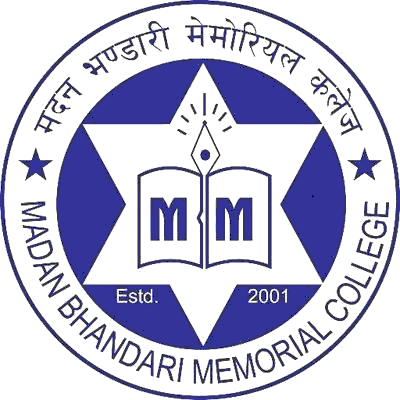Overview
Overviews of MA in Anthropology at Baneshwor Multiple Campus, Shantinagar, Kathmandu, Nepal (affiliated with TU)
The MA in Anthropology program at Baneshwor Multiple Campus allows students to explore the diverse aspects of human societies and cultures. The program provides a comprehensive understanding of anthropological theories, research methods, and fieldwork techniques.
Course Outlines:
The MA in Anthropology curriculum covers various subjects, including anthropological theory, cultural anthropology, physical anthropology, archaeology, linguistic anthropology, applied anthropology, research methodology, and fieldwork. Students also have the option to specialize in specific areas of anthropology through elective courses and research projects.
Duration:
The MA in Anthropology program is a two-year full-time course with four semesters. Each semester lasts approximately six months and includes class sessions, fieldwork, assignments, examinations, and research work.
Objectives:
The objectives of the MA in Anthropology program are to:
-
Develop a comprehensive understanding of anthropological concepts, theories, and methodologies.
-
Cultivate critical thinking and analytical skills to examine human societies and cultures.
-
Equip students with practical fieldwork experience to study and document cultural practices and social phenomena.
-
Enhance research skills to conduct anthropological studies and contribute to the discipline's knowledge base.
Eligibility:
To qualify for the MA in Anthropology program, one must have completed a bachelor's degree (undergraduate) in any discipline from a recognized university and satisfy the admission requirements established by Tribhuvan University and Baneshwor Multiple Campus.
Fee Structures:
Interested candidates can contact the administration office of Baneshwor Multiple Campus for detailed information about the fee structures.
Learning Outcomes:
Upon completion of the MA in Anthropology program, students will be able to:
-
Demonstrate a comprehensive understanding of anthropological theories, concepts, and research methodologies.
-
Apply anthropological perspectives to analyze and interpret cultural practices and social phenomena.
-
Conduct independent fieldwork using appropriate anthropological research methods.
-
Critically evaluate and synthesize anthropological literature and empirical findings.
-
Effectively communicate anthropological ideas and research findings through oral and written presentations.
Scope:
The MA in Anthropology degree opens up diverse career opportunities for graduates. They can work in various sectors, including research institutions, museums, cultural heritage organizations, NGOs, international development agencies, academia, and government agencies.
Career Prospects:
Graduates of the MA in Anthropology program can pursue a range of career options, such as:
-
Anthropologist
-
Cultural Researcher
-
Museum Curator
-
Heritage Consultant
-
Development Officer
-
Project Coordinator
-
Social Researcher
-
Academician/Researcher
-
Cultural Advisor
-
Cultural Resource Manager
Why Choose this Course:
Students may choose the MA in Anthropology program at Baneshwor Multiple Campus for various reasons:
-
Interest in understanding human societies, cultures, and their diversity.
-
Passion for conducting fieldwork and studying cultural practices.
-
Desire to contribute to the preservation and documentation of cultural heritage.
-
Aspiration to work in community development, cultural resource management, or social research.
-
Opportunity to gain in-depth knowledge of anthropological theories, methods, and their application.
Scholarship:
Baneshwor Multiple Campus provides scholarships and financial assistance to deserving students pursuing the MA in Anthropology program. Interested individuals can inquire about scholarship opportunities at the administration office.
By choosing the MA in Anthropology program at Baneshwor Multiple Campus, students can comprehensively understand anthropological concepts, research methodologies, and fieldwork techniques. They can explore diverse career paths and contribute to understanding and preserving human societies and cultures in Nepal and beyond.
Contact Baneshwor Multiple Campus's administrative office for detailed information on the MA in Anthropology course, including fees, scholarships, facilities, counseling, eligibility criteria, etc.



















